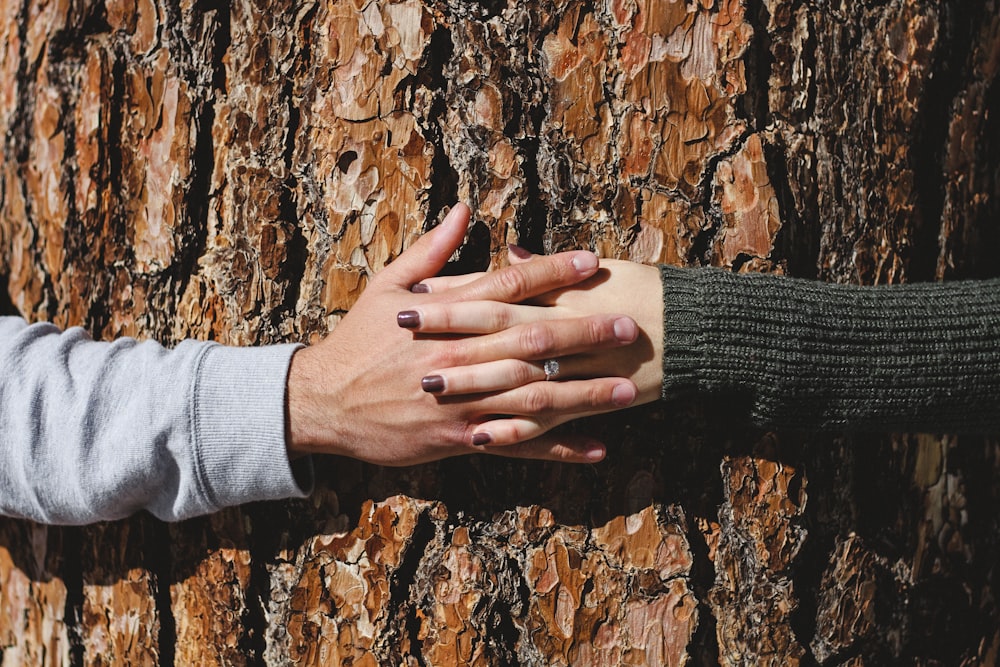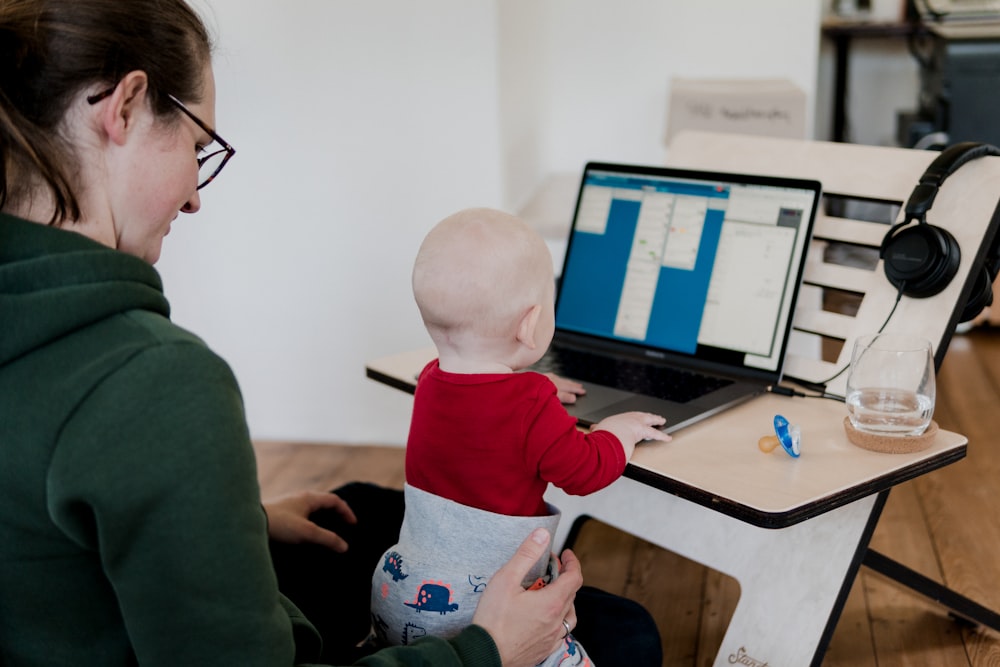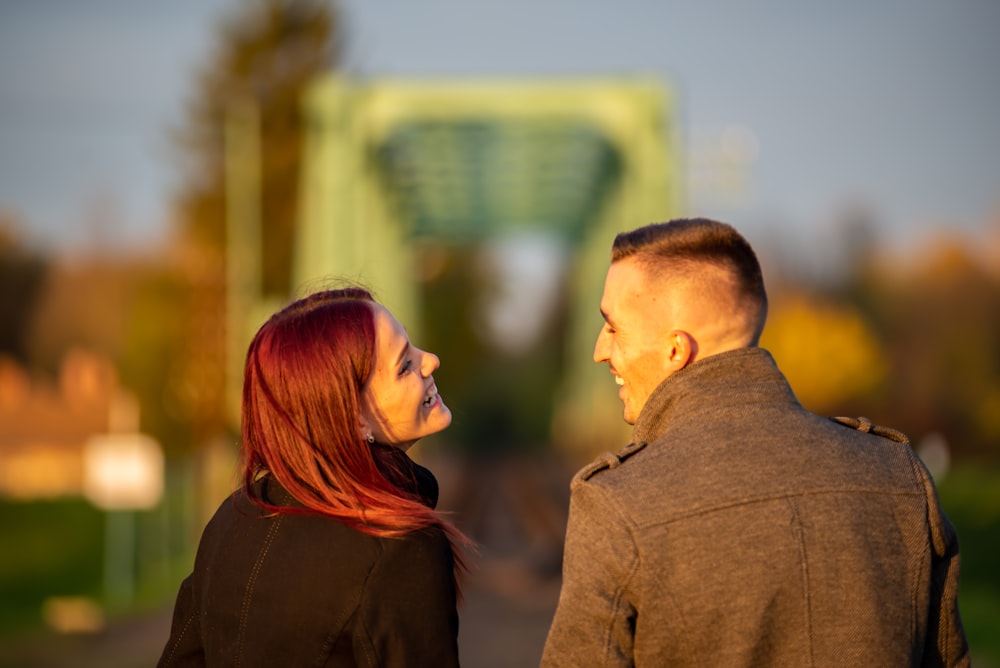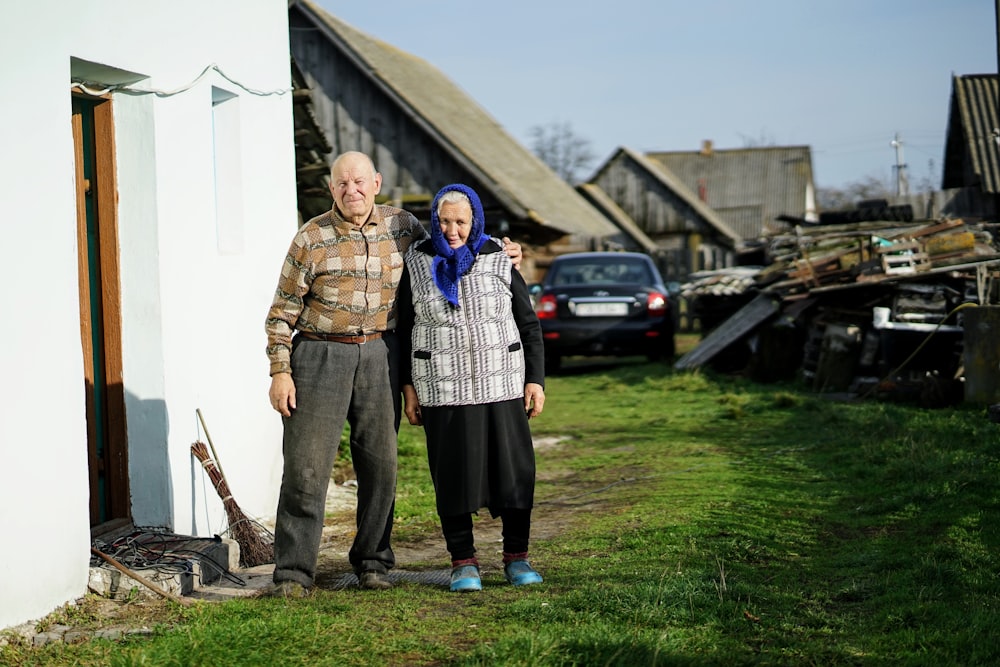Written by Aubrey-Dawn Palmer
There is a lot that goes into a committed relationship, and whether you’re looking to move in together, or get married, there are some things that have to be talked about. It requires some vulnerability, but having these conversations before you jump in helps you get on the same page, avoid some big red flags, and stay committed. Research has shown that having these conversations predicts healthier long-term relationships (Johnson, 2008).
1. Insecurities and Fears
Have a conversation about what worries you about committing. What scares you the most about committing? Is anything giving you cold feet? It might be that your parents divorced, or maybe you’ve been cheated on before. It can be big or small, but by saying, “This makes me nervous to commit” makes a big difference because it puts it on the table for you and your partner to work through.

2. Finances
Finances are one of the top reasons couples divorce. Before committing, you should be upfront about your financial state, goals and expectations. Ask questions like:
Are you in debt?
How do you plan to save and spend money?
Will we have separate or joint bank accounts?
What will a budget look like?
These are just a few questions you can ask, but having a deep talk about finances will go a long way in helping you get on the same page. As your finances change, this topic will continue to come up.

3. Health
This one might seem a little more obvious, but health can impact relationships a lot. Be prepared to disclose your physical and mental health to your partner. You may not need to be so specific as mentioning how you broke your leg in second grade, but keeping something like bipolar disorder or anxiety or another mental illness from your partner can spell disaster. Besides, your partner wants to help you!
You may also want to discuss treatment. Different religions, cultures and even families have very different ideas about treating both mental and physical illnesses. Talk about your feelings about hospitals, medicine, homeopathic remedies, therapy, and even topics like natural pregnancy versus epidurals or c-sections, and assisted reproduction technologies such as In Vitro Fertilization, sperm and egg donation, and hormone treatments.

4. Addictions and Habits
We all have habits, and some of those habits might annoy our partner. Hopefully you have been dating long enough to have a good idea of your partner’s habits. It is important to make a distinction between addictions and habits. Sometimes we look at a habit and assume it is an addiction. That isn’t always the case. Regardless habits and addictions like viewing pornography, drug and alcohol use, video game use, and any other habits or addictions need to be disclosed by both you and your partner. Some of the things I mentioned may not bother you, depending on your background, especially if practiced in moderation, but that’s for you and your partner to decide.
At the end of the day, can you be a support or do you need to move on? Studies show that family and loved ones are some of the biggest supporters and aids in helping people overcome addictions; if your partner truly does have an addiction he/she is working on, your support is invaluable. Having said that, it is also important to maintain boundaries. Coping with a partner who is fighting an addiction is hard, and if you don’t want to enter a relationship with that added stress, it’s better to know before you take the next step.

5. Parenting
You may have very different ideas about this. Believe it or not, parenting is both a top reason people get divorced and a top reason people stay together, even if they are unhappy. It’s important to be on the same page. Ask questions like:
Do you envision yourself as a parent? How many kids? Are there things you feel strongly about regarding parenting? These could be things like child involvement in sports versus the arts, whether your children will attend public or private school or be homeschooled, if they will be raised in a specific religion, your feelings about corporal punishment, and other topics.
If you are starting a blended family, your questions may change, but this is still an important topic to go into.

6. Religion
If you and your partner attend different churches, or one of you is religious and the other is not, there can be some changes and adjustments. This puts stress on the relationship. Talk about that. How will you navigate your personal beliefs?
If you both belong to the same faith group, do you share a similar commitment to that religion? Couples who have vastly different levels of commitment to a given faith experience the same amount of stress as those who are of completely different faiths. Will you be highly involved in your religious community, or will your involvement be more casual? Again, that’s a decision for you and your partner to make, but it is important to come to an understanding.
What are the most and least important parts of that religion for you? If there is something spiritual or religious that is very important to you, that needs to be communicated. It can be anything from praying together, to where you will get married to frequency of church attendance. The point is, communicate about the things that matter to you.

7. Politics
Another thing to keep in mind is whether or not you and your partner have the same political views. Even if you belong to the same party, the differences in your specific opinions can surprise you. Or maybe one of you has no interest in politics and the other is an activist. While these may not be “deal breakers”, strong differences like these can add stress, and it will be a lot easier if you address these things and how to navigate them before you commit.

8. Sex
This might be the most important, especially if you have not yet been sexually active and are waiting for marriage. It’s important to understand that men and women have very different expectations when it comes to sex. Research has shown that men have sexual intimacy to feel emotional intimacy, but women engage in emotional intimacy to have sexual intimacy. Both men and women desire intimacy, and want to be sexually satisfied, but the expectations and needs are different (Brotherson, 2004). They can even differ from person to person.
What are your expectations and concerns? Are you embarrassed to be naked? What kinds of contraceptives, if any, will you use? What do you want most out of a sexual relationship?
If you are preparing for a sexual relationship, go into this with a sense of humor – it takes practice. Be willing to be vulnerable and awkward. It will get better. Also keep in mind, the most satisfied couples report that they have good sex 40-60% of the time, with exceptional sex 15-20% of the time. The other 20-40% of sex is average or below (Metz & McCarthy, 2007). Guess what? That’s okay! Have reasonable expectations! Your bodies don’t always work, and you or your partner may not always be as emotionally available. It’s not a bad thing – it’s normal.
One last thing about sex – this is not a one time conversation. Your sexual needs change as your relationship evolves, so keep communicating about this one.



 Aubrey-Dawn Palmer was born and raised in Farmington, New Mexico, and she has a bachelor’s degree in family studies from Brigham Young University. She has two younger brothers and is married to her best friend, Richard. In addition to her research on relationships, human attachment, and healthy sexuality, Aubrey-Dawn volunteers with her husband as a teacher for the Strengthening Families Program, is a research director for a counseling center, and works as a home counselor at a residential treatment center.
Aubrey-Dawn Palmer was born and raised in Farmington, New Mexico, and she has a bachelor’s degree in family studies from Brigham Young University. She has two younger brothers and is married to her best friend, Richard. In addition to her research on relationships, human attachment, and healthy sexuality, Aubrey-Dawn volunteers with her husband as a teacher for the Strengthening Families Program, is a research director for a counseling center, and works as a home counselor at a residential treatment center.









 Sydney Tittle is an Orem, Utah native. She has a passion for family life, social innovation, and anything creative. She is the second of five children, and loves spending time with friends and family. In August of 2017, she graduated from Brigham Young University with a bachelor’s degree in family studies.
Sydney Tittle is an Orem, Utah native. She has a passion for family life, social innovation, and anything creative. She is the second of five children, and loves spending time with friends and family. In August of 2017, she graduated from Brigham Young University with a bachelor’s degree in family studies.










